|
Community gardens, urban farms, and public edible landscapes infuse fresh food into our city lives, grounding us in the natural world and its seasonal rhythms. However, these spaces often come with barriers: big fences, locked gates, and a sense of exclusivity that can make nearby residents scoff, “Community garden? Not for me.” But inside, there’s a different story. Those who tend the plots are often deeply connected to the neighborhood, though a clear divide exists between them and those left outside. We see placemaking as a game-changer in the world of urban agriculture and community gardening. It’s about breaking down barriers and welcoming more people in, especially in low-food-access neighborhoods where a garden could revolutionize local health and social safety nets. Transforming Spaces: Tips for Urban Ag Sites1. Rethinking Boundaries: The Art of Fencing Yes, gardens indeed need fences—to shield them from hungry animals that could ravage a garden overnight and to deter the occasional vandal or uninvited gleaner. Yet, some fences we see are so imposing they seem to scream "food maximum security" rather than "food security." Here's how we can turn barriers into welcoming features: Embrace Living Fences: Cultivate a fence with a purpose. Planting blackberries or other vine crops can transform a stark fence into a lush, living boundary. It becomes a beautiful hint of the bounty inside and extends an open invitation for passersby to enjoy a summer berry and perhaps, strike up a conversation with the gardeners. Strategic Setback: Sometimes, it's not just what you plant but where you place it. Many gardens push their fences to the very edge to maximize space. However, setting the fence back even just a bit can create a welcoming 'front yard' effect. This space can serve as a mini public square, offering benches, a spot for food sharing, or a communal herb garden with mint or rosemary for anyone to harvest. By reimagining how we delineate our garden spaces, we can foster a sense of openness and community while still protecting the fruits of our labor. Try setting the fence back. It’s a simple trick that creates a welcoming front yard vibe, offering space for food sharing, seating, or public herb gardens. 2. Crafting the Welcome Artful Entrances: The entrance should be a testament to the garden's ethos, inviting curiosity and interaction. An attractive sign or archway that captures the essence of the garden can intrigue and draw in visitors, setting the tone for the experience within. Informative Displays: Clarity invites participation. A well-designed welcome area should offer essential information at a glance – opening hours, contact details, and upcoming events. This openness not only encourages community involvement but also integrates the garden into the rhythm of neighborhood life. Neighborhood Signage and Wayfinding: Effective wayfinding ensures that the garden is a community fixture, not a hidden secret. Signs placed throughout the neighborhood can guide residents and visitors to this verdant haven, making it an accessible destination for all. Consider maps, directional arrows, and even digital markers for those using smartphones to navigate. 3. Programming and Open House: Cultivating Community Through Activity Urban gardens are more than plots of land for cultivation; they are vibrant community centers that offer a remedy to the mental health crises and isolation prevalent in today's society. To truly flourish, these spaces must provide a variety of reasons for people to gather, connect, and engage beyond the care of their garden beds. Wellness and Recreation: Activities like yoga, including popular variations such as goat yoga, invite people to unwind and connect in the serenity of nature. These sessions offer a dual benefit: promoting physical health and creating a communal rhythm that resonates through the garden. Direct Engagement with Nature: Initiatives like 'U-Pick' events and farm stands do more than just provide fresh produce; they invite hands-on interaction with the garden's bounty. This direct engagement is a tangible way for community members to support the garden's sustainability while enjoying the fruits of their labor. Community Exchanges: Our 'Crop Swap' program is a testament to the power of sharing. Over eight years, participants have exchanged over 14 tons of produce, seeds, and gardening insights, fostering a rich tapestry of communal knowledge and culinary diversity. Open Hours and Amenities: By opening the garden for regular visiting hours, offering volunteer opportunities, or simply providing a space where one can work remotely with the added benefit of free Wi-Fi and garden-grown herbal tea. Mixing uses by adding a mobile book shops or flower store, can transform these green spaces into hubs of community life. In essence, gardens are not just about cultivating food; they're about cultivating community. PlacemakingUS recognizes the profound potential that lies in each urban agriculture site. Through our dedicated efforts, we visit and assist gardens in realizing their fullest capabilities, transforming them into vibrant, communal spaces that extend far beyond the confines of cultivation. We are committed to collaborating with local food communities, bringing the wisdom and practices of placemaking to these essential urban spaces. Our work is more than a passion—it's a critical step toward a more sustainable society. By enhancing these gardens, we contribute to carbon sequestration, reduce food miles, and strengthen the fabric of our communities, creating spaces of social cohesion and comfort. Aligning with the universal principles for sustainable development advocated by UN-Habitat, we believe in nurturing spaces that foster a deeper connection to our environment and each other. We invite you to join us in this transformative journey, reshaping our urban landscapes into thriving, sustainable, and inclusive communities. Article and Photos by Ryan Smolar, Co-Director, PlacemakingUS
0 Comments
Leave a Reply. |
AuthorsArticles contributed by placemaking experts across the US Archives
July 2024
Categories |
PlacemakingUS
|
PlacemakingUS Newsletters
|
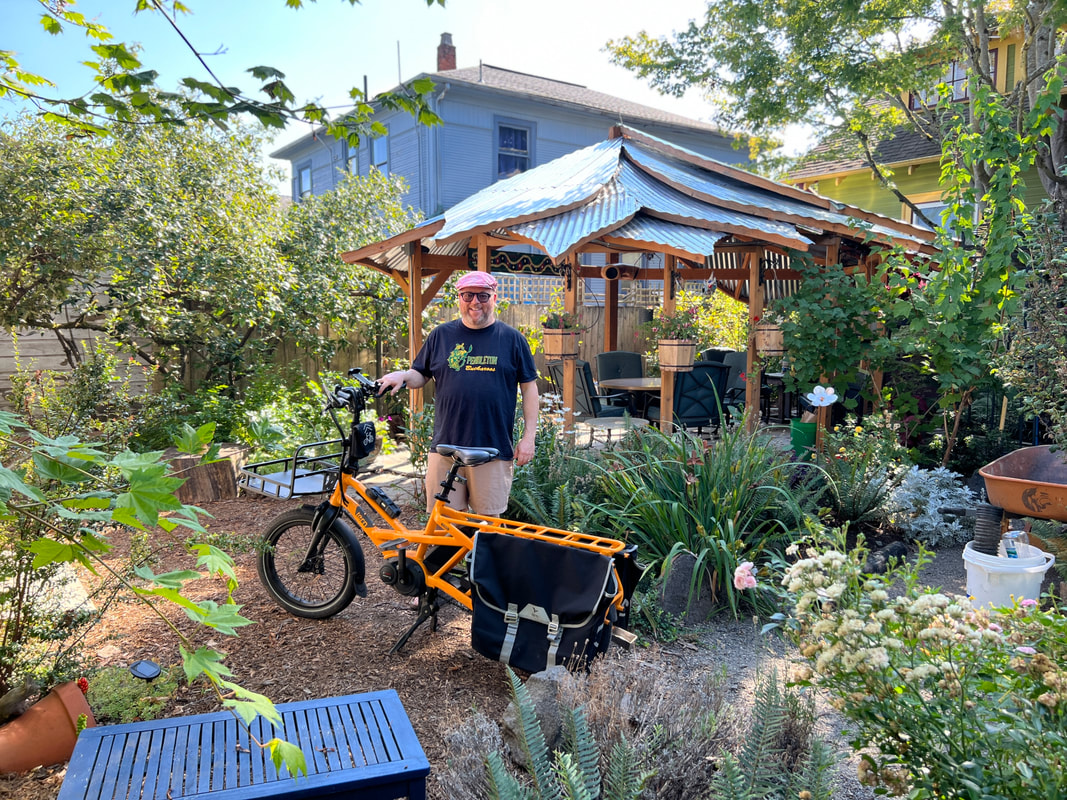
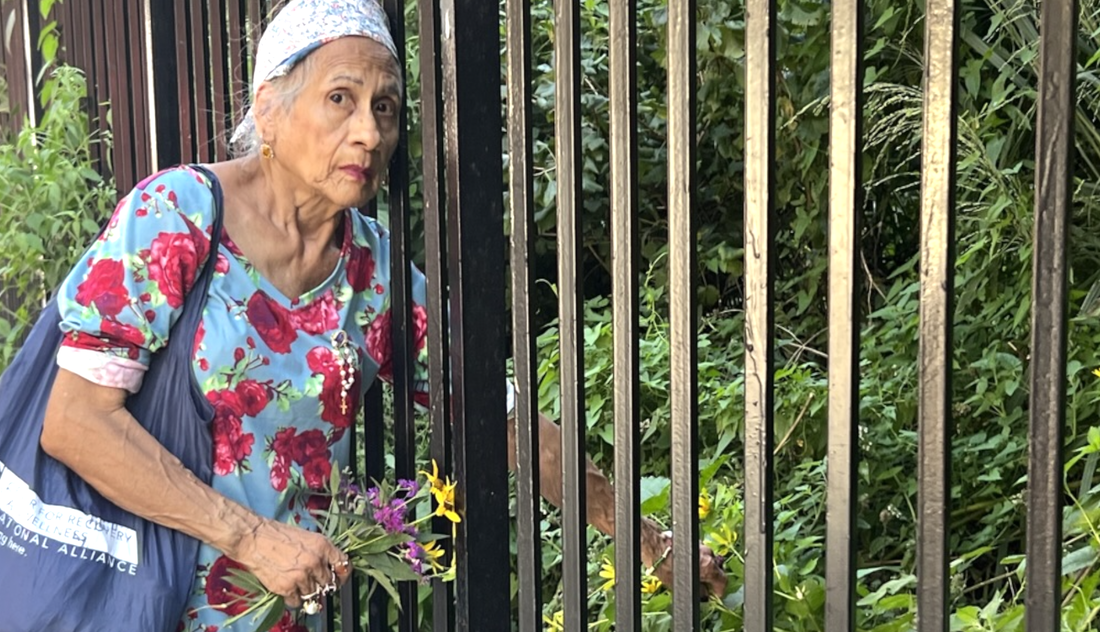
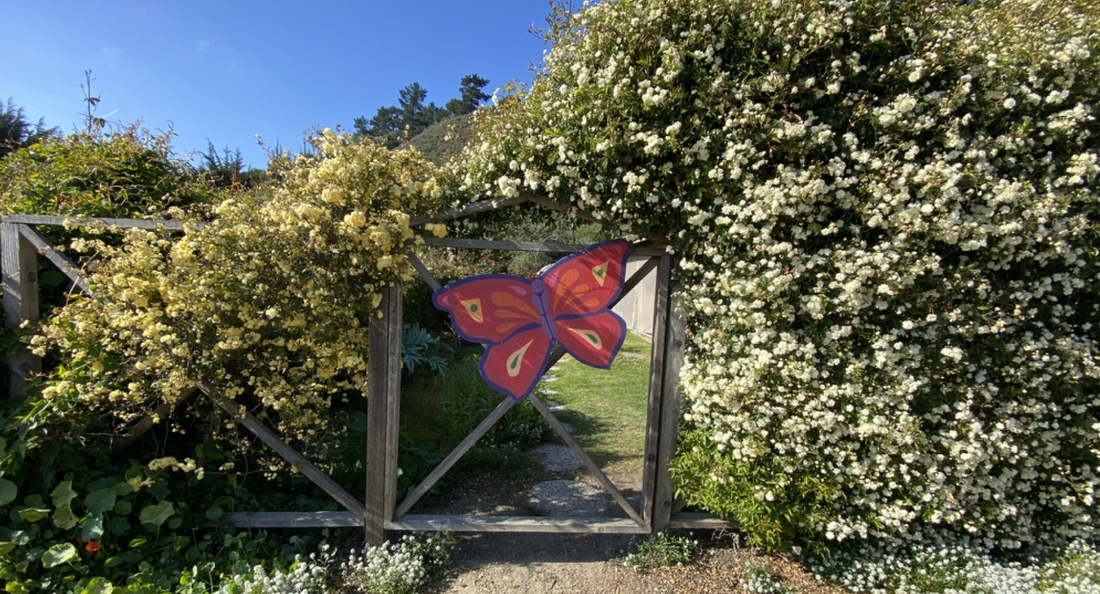
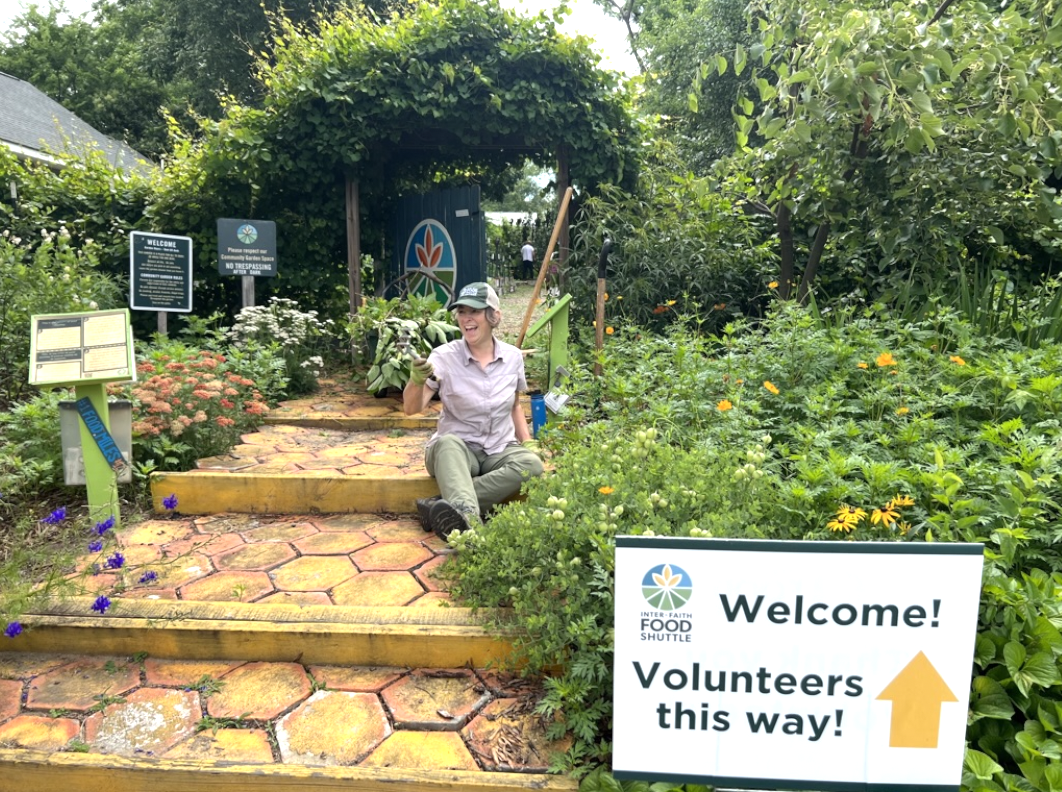
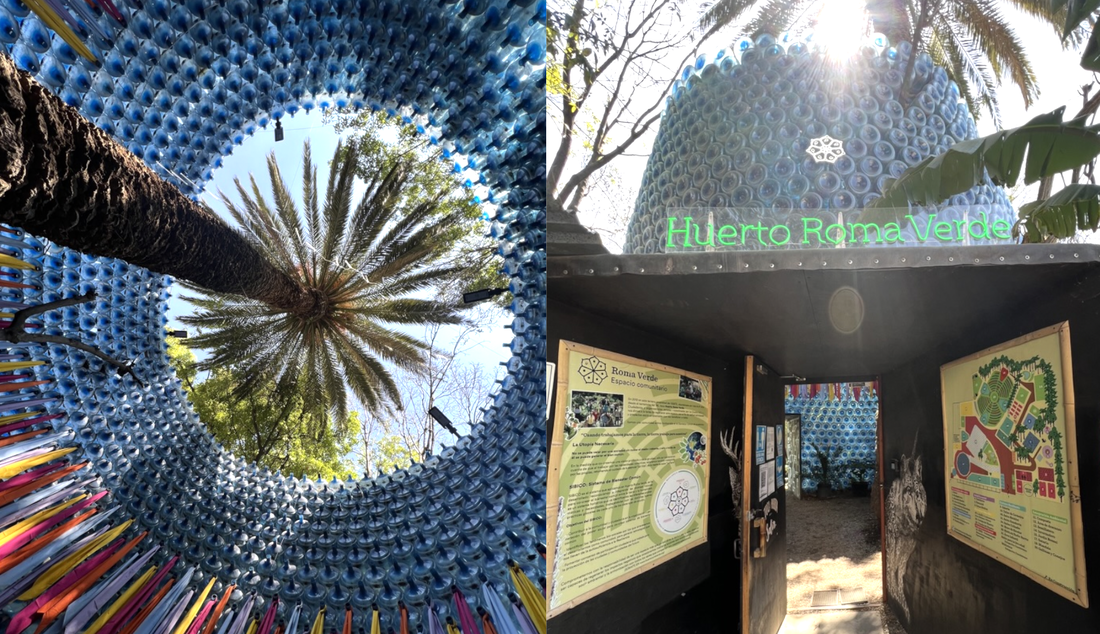
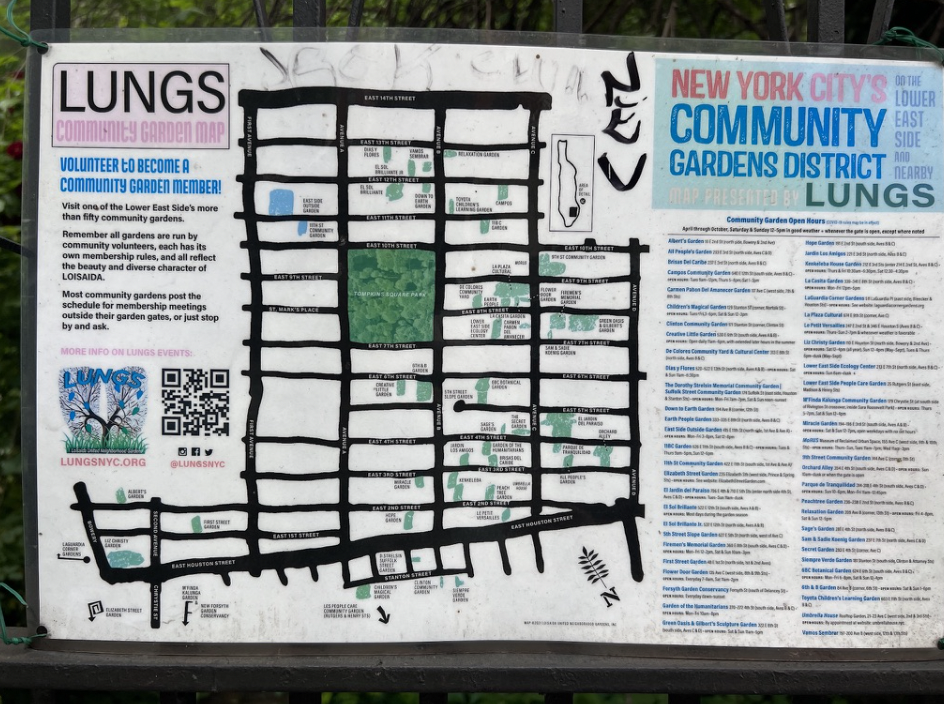
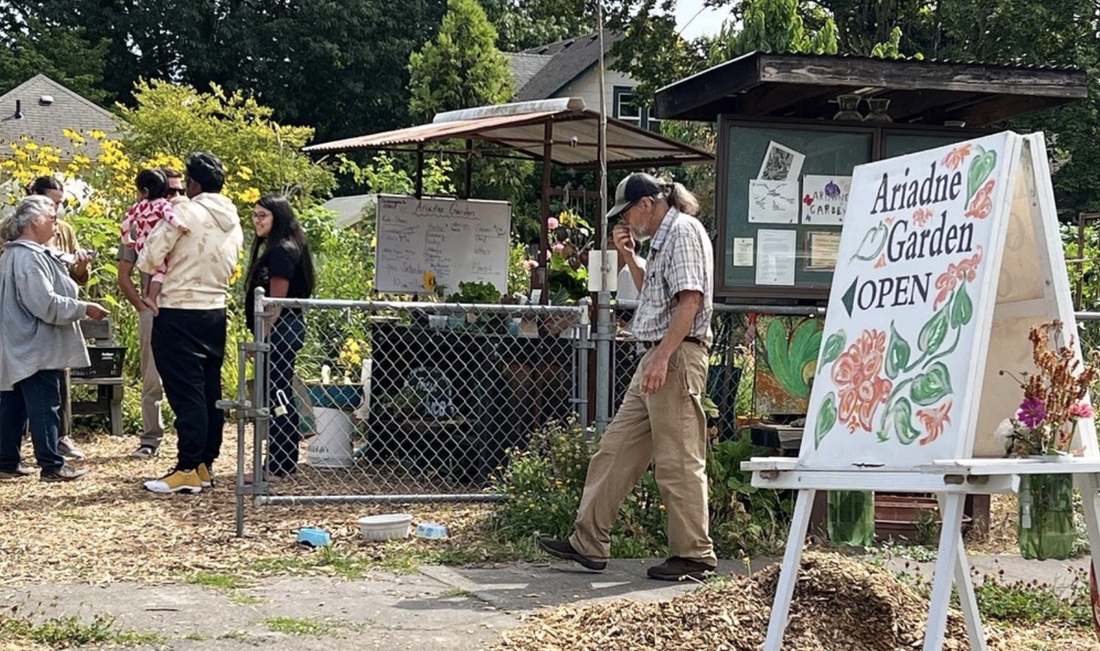
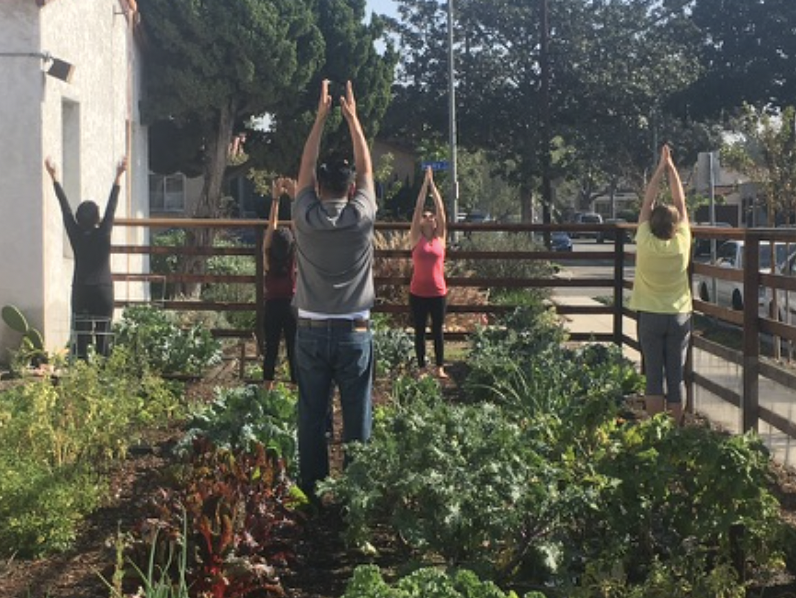
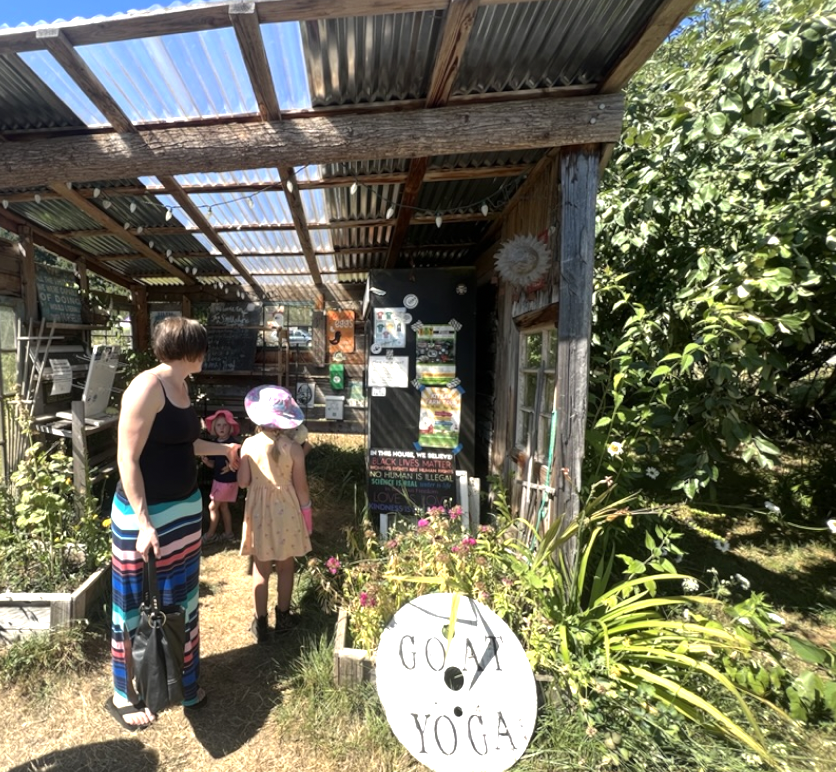
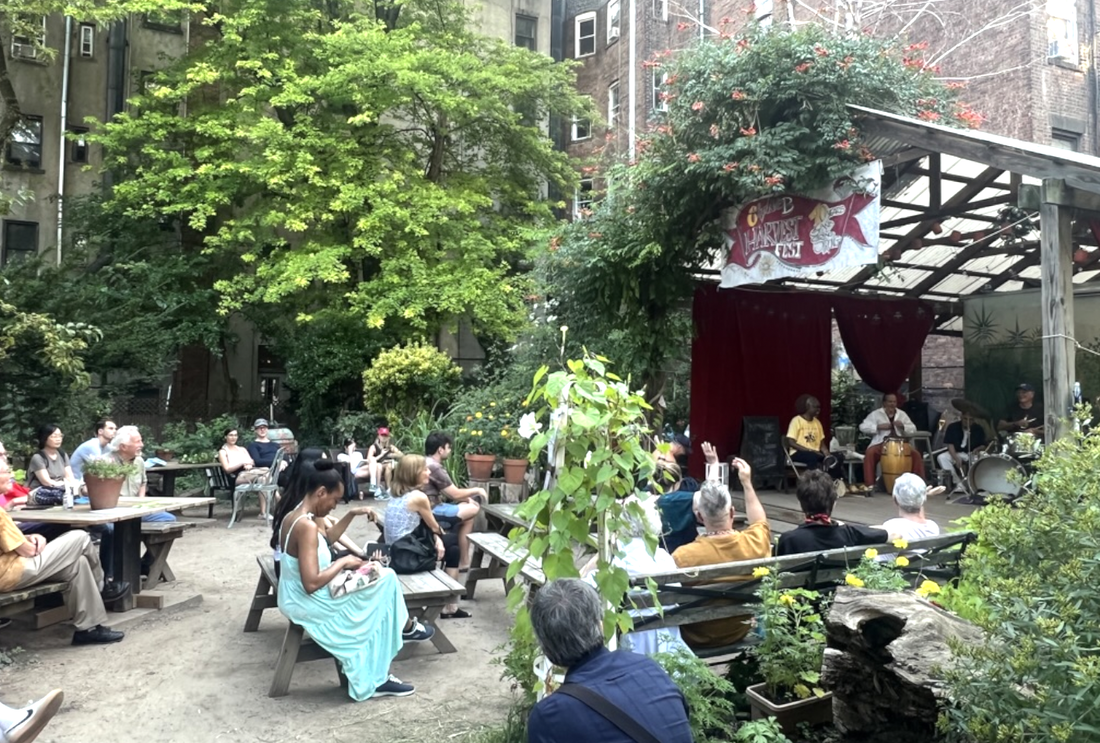
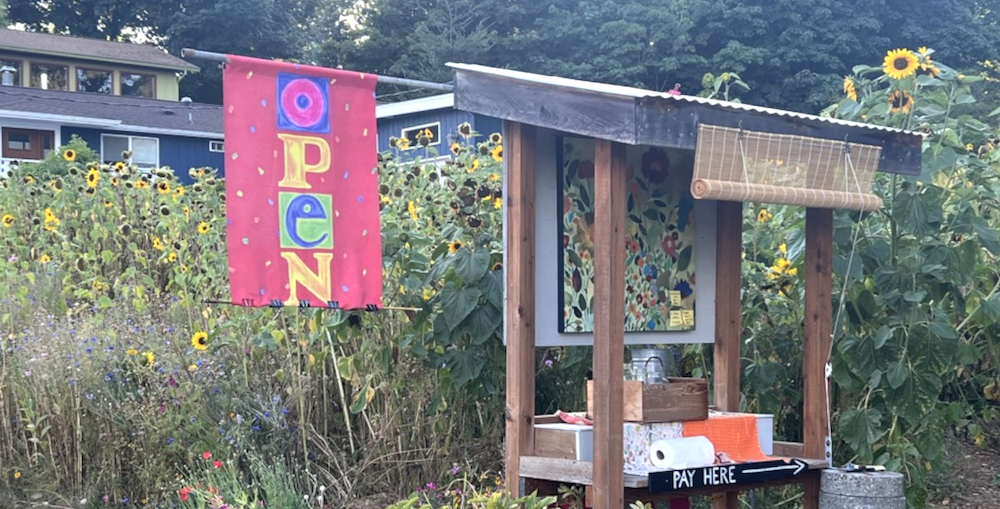
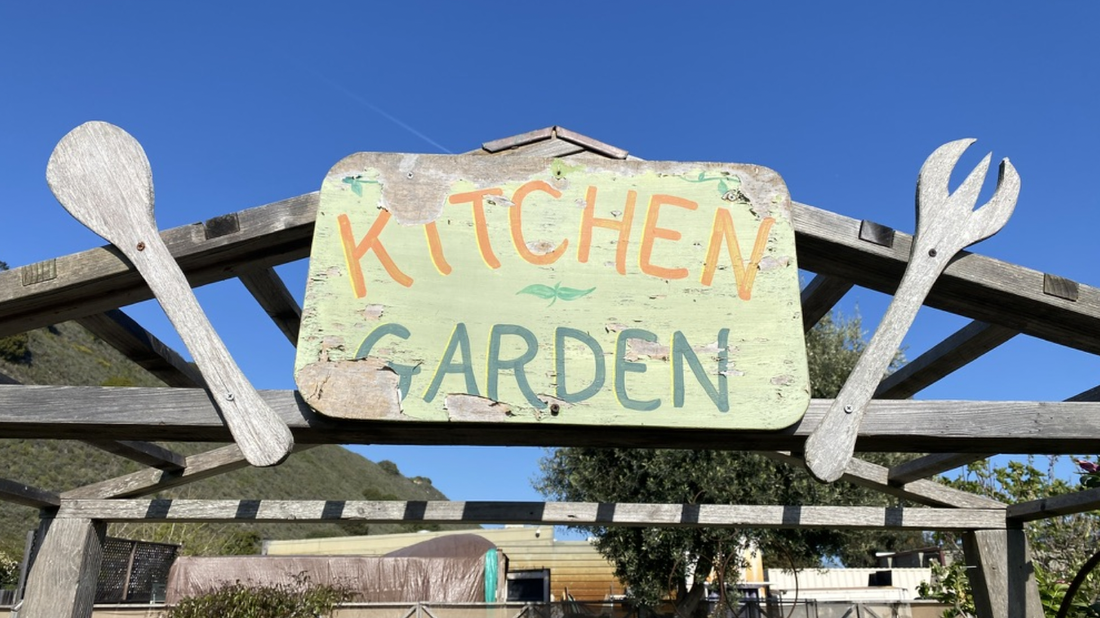
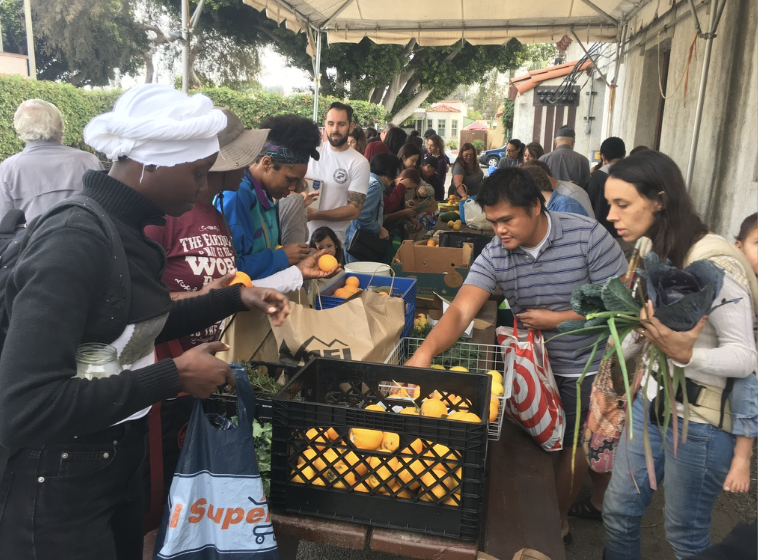
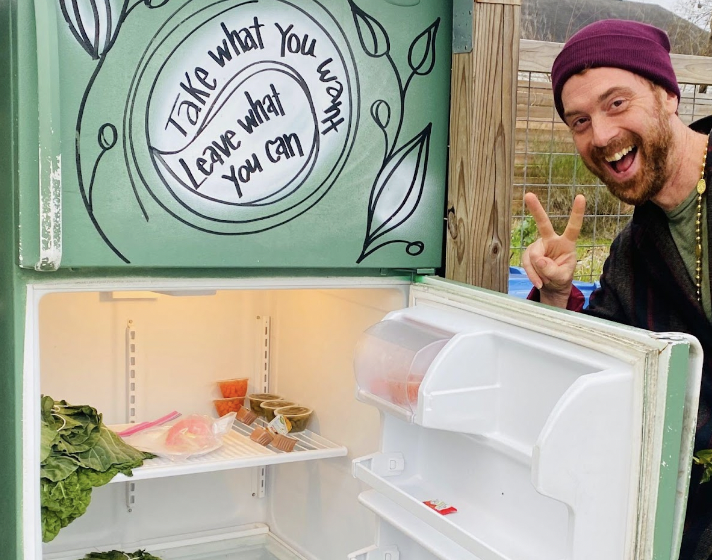
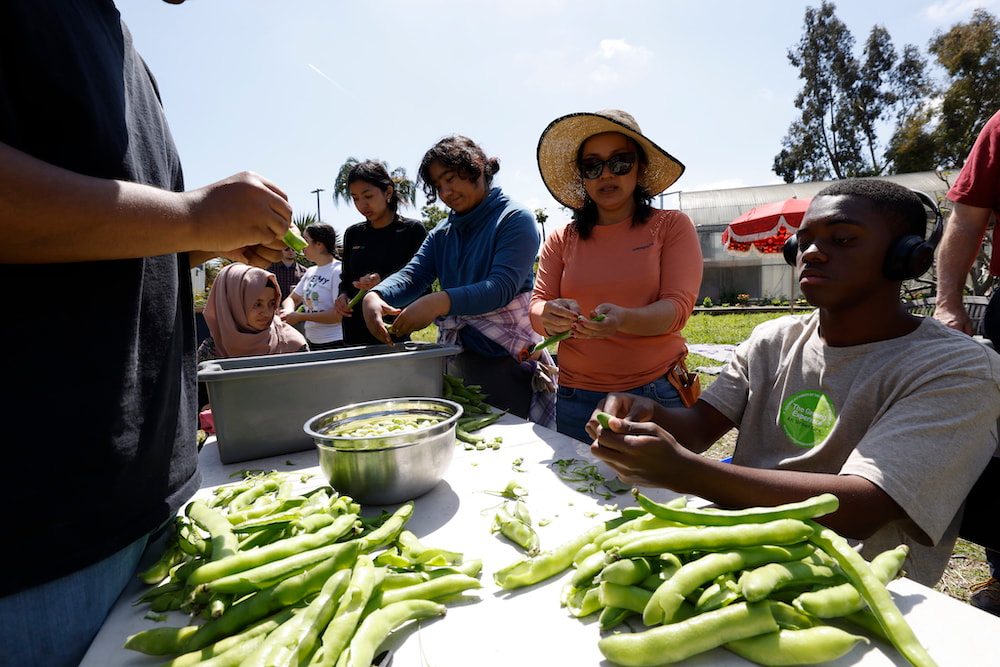
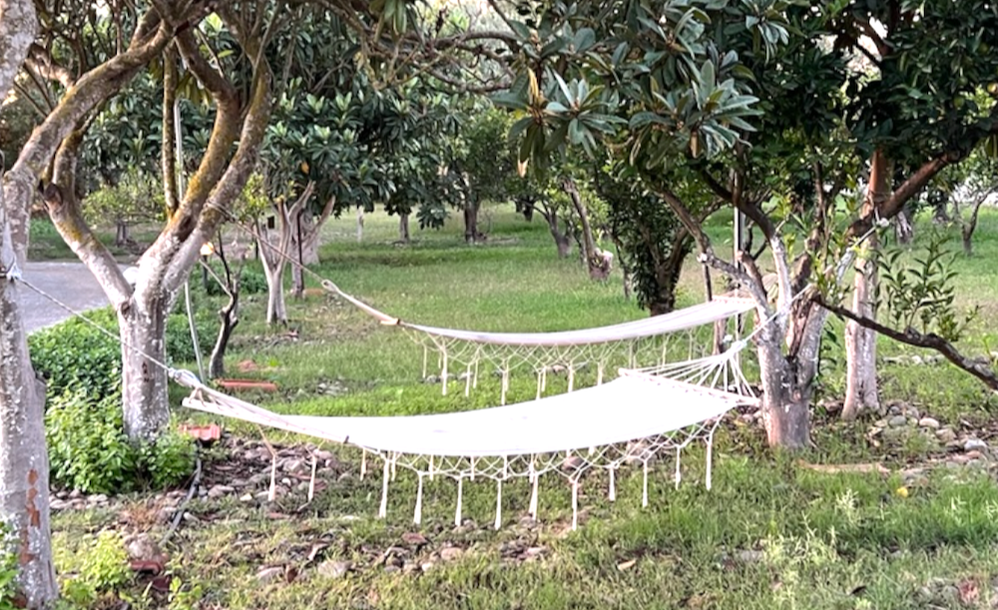
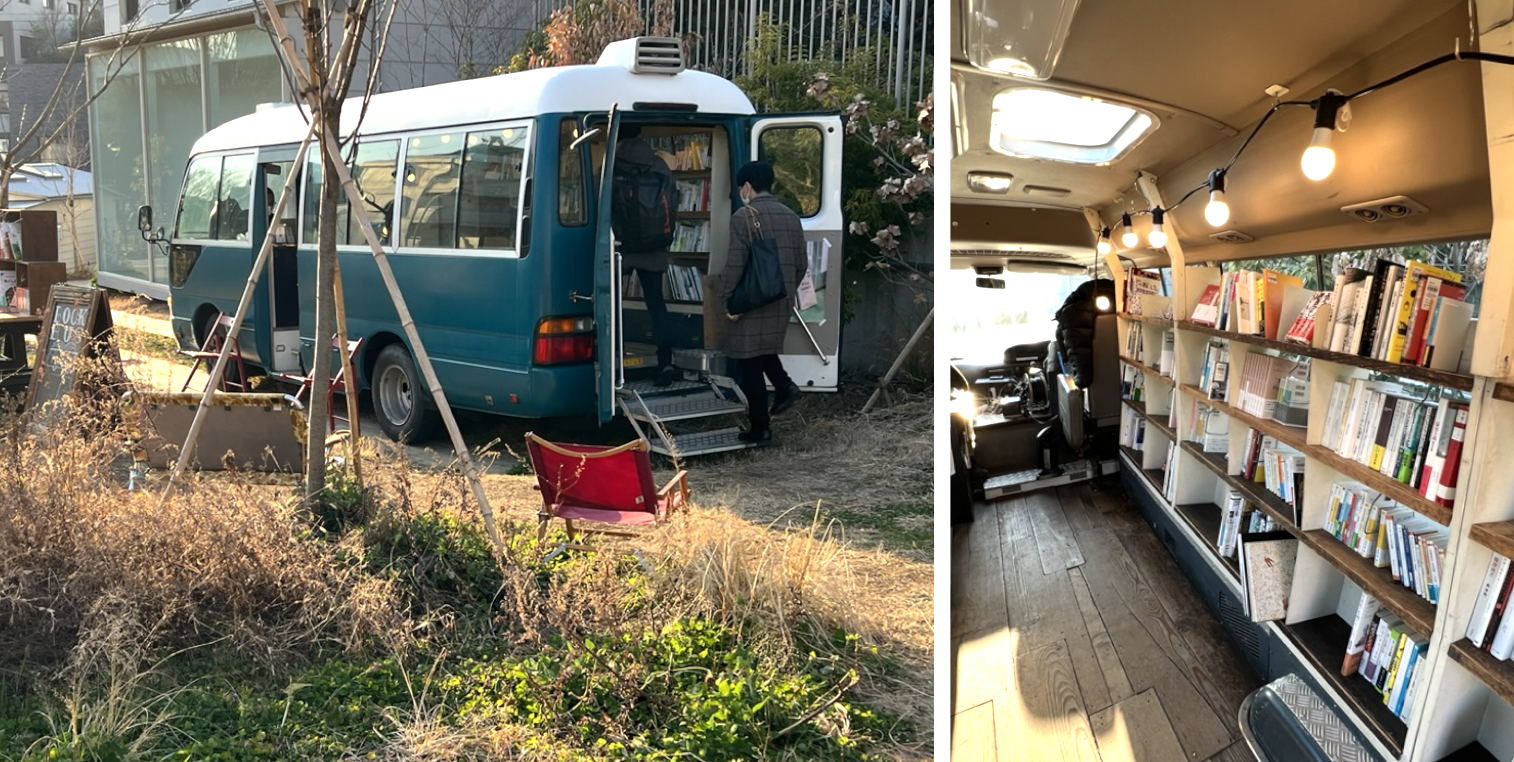
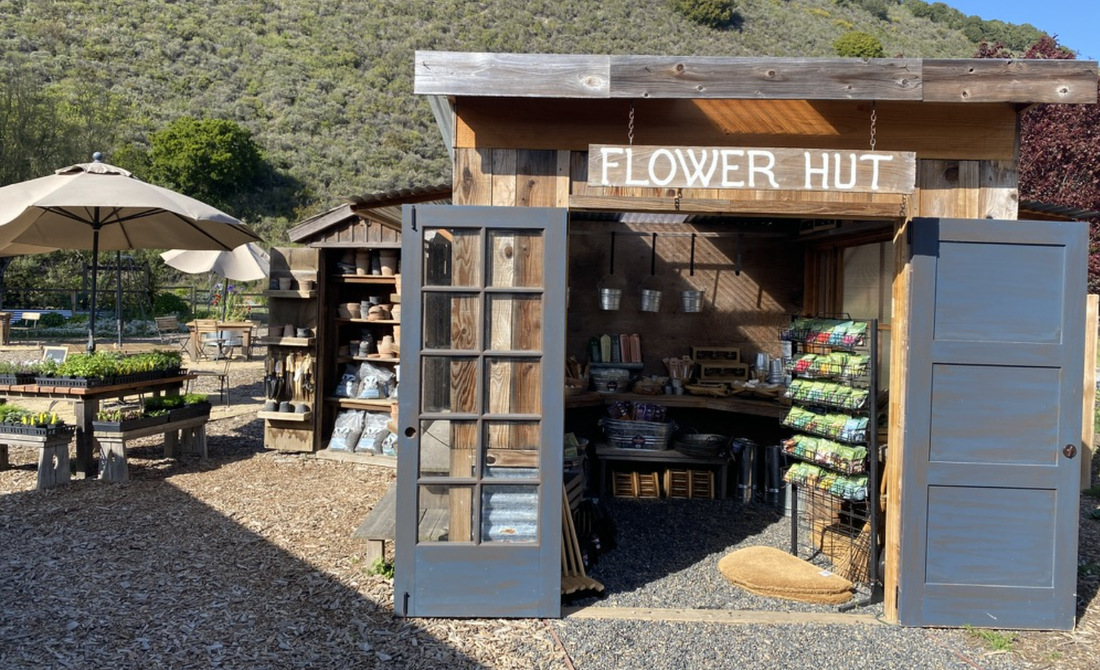
 RSS Feed
RSS Feed
